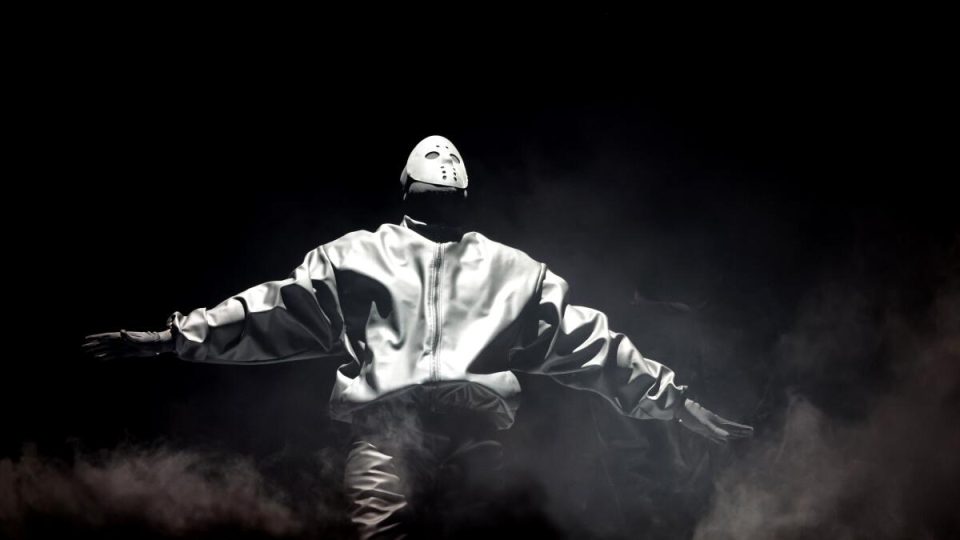It was unexpected for Kanye West, now known as Ye, to unveil his latest music on such a stage, but he held two sold-out listening parties in China last month, marking his return to the country after 16 years.
The concerts took place on the southern Chinese island of Hainan amidst some of the strictest censorship regulations globally. Despite this, Ye announced his new album, “Bully,” captivating fans and leaving many to wonder why the Chinese government would permit a controversial figure like him to perform.
Just six years ago, Chinese authorities implemented a crackdown on hip-hop, banning artists and songs associated with the genre. The media regulator also mandated that Chinese television refrain from featuring “actors with tattoos” or promoting “hip-hop culture.” Ye’s history of provocative lyrics and controversial statements, including wearing a “White Lives Matter” shirt and making antisemitic comments, complicates his presence in such a stringent environment.
His recent concerts, termed the “Vulture Listening Experience,” occurred on September 15 and September 28 at the Wuyuan River Sports Stadium in Haikou, which has a capacity of over 41,000. As interest in international acts grows after the lifting of COVID-19 restrictions, Ye’s performances signal a potential shift in attitudes toward Western artists in China.
The Chinese Communist Party, prioritizing security and ideological control, has maintained tight regulations over the entertainment industry. However, as it seeks to revive consumer spending amid economic challenges, allowing Western stars to perform could be seen as beneficial for local economies as well.
Experts believe Ye’s concerts may indicate a turning point, suggesting, “By allowing him to play, it signals that Western artists can perform in China if they adhere to local restrictions,” said Chen Dan, an associate professor at the University of Richmond.
In a stroke of good timing, the Organization for Economic Co-operation and Development (OECD) announced that China is expected to experience faster economic growth than the eurozone this year. Such developments could influence how authorities handle foreign entertainers and encourage them to see the potential in China’s growing music market.
However, the challenges artists face remain significant, particularly due to the complexities of securing permits and navigating strict censorship laws. Past incidents, such as the cancellation of concerts by Bon Jovi and Maroon 5, illustrate the unpredictable nature of attempting to perform in China.
Whether Ye’s return will inspire more Western artists to venture into the Chinese market remains uncertain. With logistical hurdles and the potential for backlash over self-censorship, many musicians may choose to avoid the risks associated with performing in the country.
As Chinese authorities maintain a careful watch, the future of foreign artists in China could depend on the country’s economic recovery and its willingness to engage with the global music community. If recent stimulus measures lead to genuine economic improvement, it might change how Western entertainers view the possibility of performing there.
Credit: CNN




